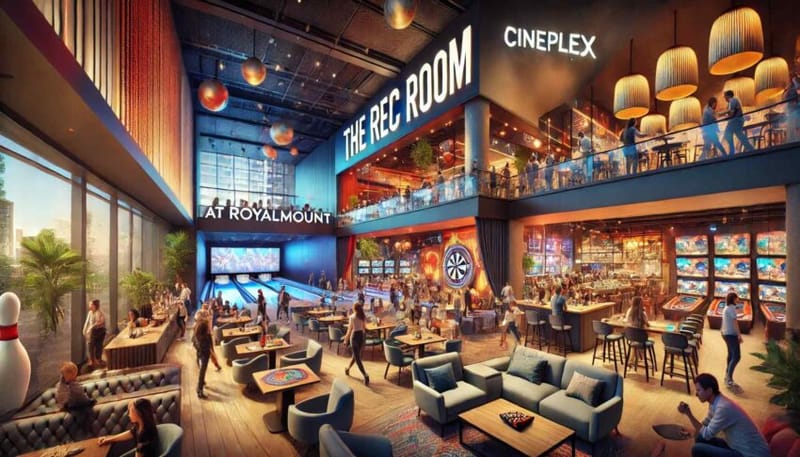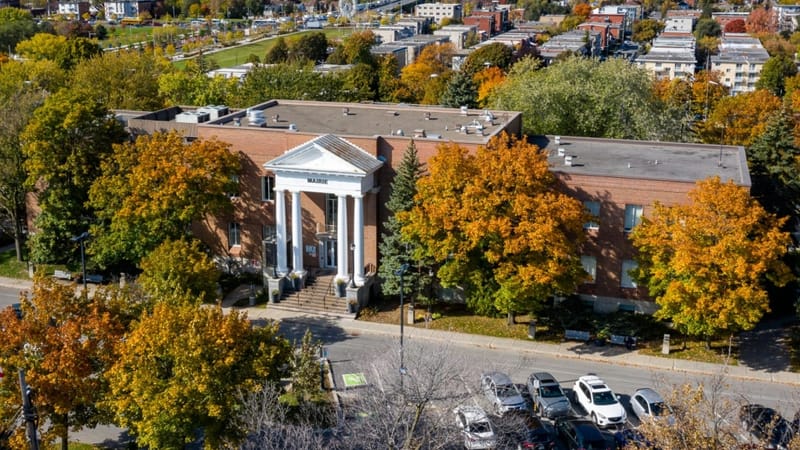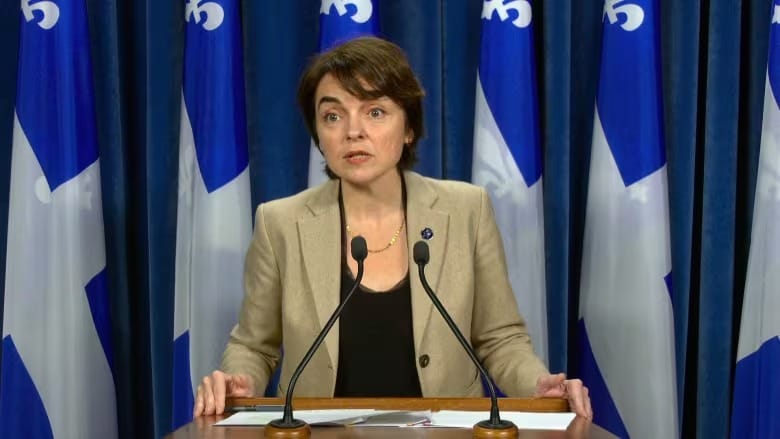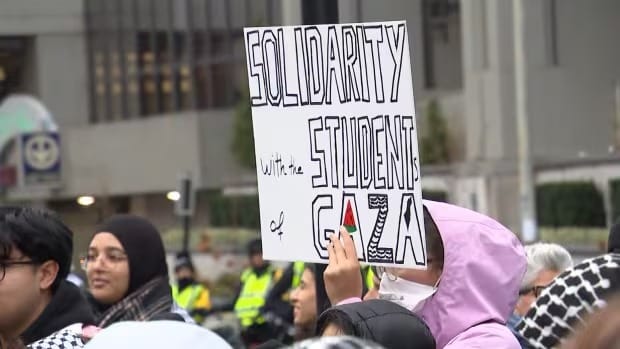Critics say 'nothing new' in Montreal's $1.8B plan to revitalize downtown core
"Downtown is the economic and cultural heart of Quebec," said Plante in a news release.
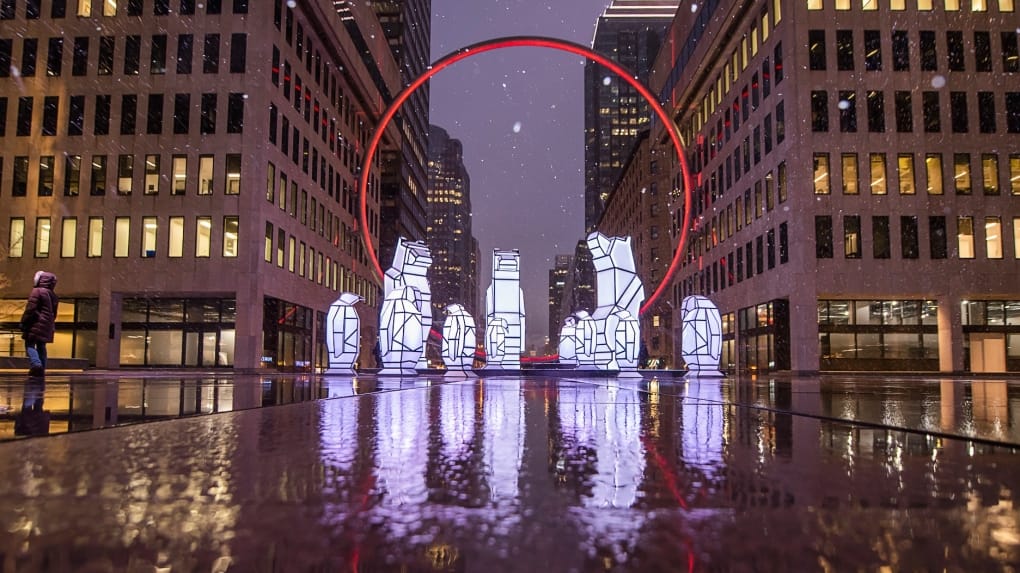
The City of Montreal has unveiled a new 10-year, $1.8-billion plan aimed at revitalizing the downtown area by making it cleaner and more accessible. Mayor Valerie Plante introduced the project on Tuesday, emphasizing the need to keep the downtown core culturally vibrant and economically competitive.
While the city acknowledges that the downtown is recovering reasonably well post-pandemic, there are ongoing challenges, including lower office occupancy, a struggling retail sector, and social issues that are not unique to Montreal but are being faced globally.
"Downtown is the economic and cultural heart of Quebec," said Plante in a news release. The challenge, she noted, is to "rethink the long-term development of the downtown area" and implement initiatives to boost its appeal and resilience.
The city aims to create new residential and green spaces, improve mobility and cleanliness, and enhance the unique character of neighborhoods like the Latin Quarter, the Village, and Chinatown.
Criticism of the Plan
Opposition voices have criticized the plan, saying it offers little new and that the proposed 10-year timeline is too slow for what they view as an urgent situation.
“There’s nothing new in terms of [construction site management], help for business owners, or actions on security,” said Julien Henault-Ratelle, the opposition critic for economic development.

Critics also pointed out the plan lacks concrete measures to address street safety. Glenn Castanheira, general manager of Montreal Centre-Ville, expressed concern that the homelessness and opioid crisis affecting downtown isn't adequately addressed. "It is perhaps the number one threat for our downtown," he said, adding that this issue mirrors challenges seen in other Canadian cities like Vancouver.
Henault-Ratelle echoed these concerns, noting that many business owners, particularly in The Village, feel unsafe. "As a result, Montrealers are choosing to go elsewhere, like Royalmount, Longueuil, or Laval," he said.
Three Key Priorities
The city’s plan is built around three main priorities:
1. Enhancing Neighborhood Identity
- Strengthening the distinct personality of neighborhoods with new street furniture, heritage improvements, and public art circuits.
- Highlighting downtown’s northern character by creating a unique winter experience.
- Designating the Latin Quarter as a "Quartier de la francophonie," with 24-hour activity zones and major development projects like Îlot Voyageur and Parc Émilie-Gamelin.
2. Creating New, Vibrant, Mixed-Use Neighborhoods
- Developing two new residential neighborhoods in Les Faubourgs and Bridge-Bonaventure, potentially adding over 15,000 housing units.
- Strengthening downtown’s position in technology, healthcare, culture, and creative industries.
- Prioritizing investment in existing buildings to counter rising vacancy rates, particularly at the former Royal Victoria Hospital and Îlot Voyageur.

3. Improving Mobility, Cleanliness, and Green Spaces
- Advancing phase 3 of the Quartier international.
- Enhancing connectivity between neighborhoods and establishing a pedestrian-priority zone in Old Montreal.
- Improving public space cleanliness, building maintenance, and better management of construction projects.


